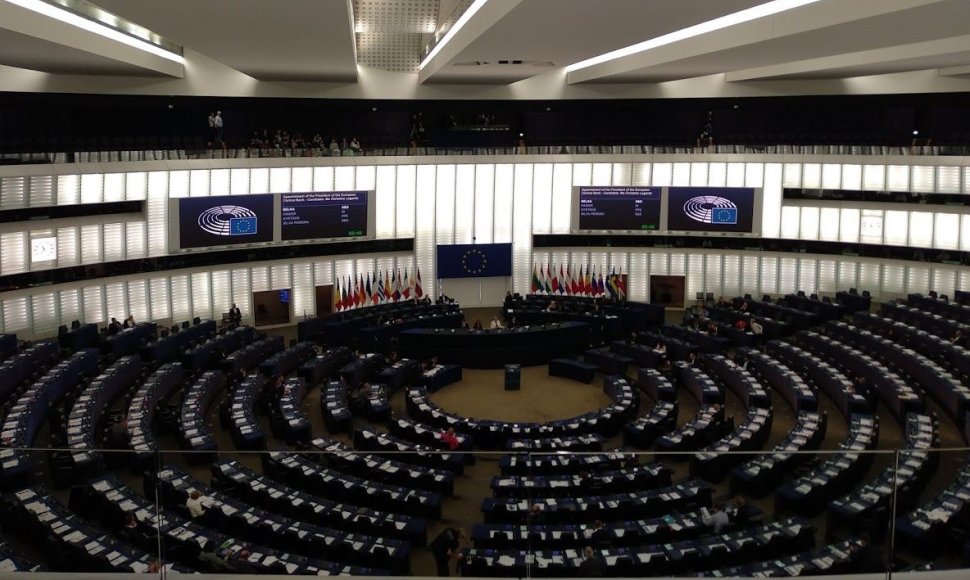The vote regarding emergency measures aimed at helping people and companies overcome this crisis was held remotely and at a record fast pace. We approved a Coronavirus Response Investment Initiative, which will allow EU countries to allocate 37 billion euro from cohesion funding to combat the coronavirus outbreak’s consequences, with Lithuania receiving 1.5 billion euro. EU funding must be directed to the citizens, regions and countries, which were hardest hit by the pandemic, without delay. They are intended for the healthcare system, businesses, retaining jobs and other sensitive areas of EU countries’ economies. It is particularly important that the Lithuanian government would make use of this funding as soon and as effectively as possible, directing it to help our citizens.
While the decision was approved immediately, I believe that the European Commission had to take action sooner, making use of all the capacities enshrined in the Lisbon Agreement to interpret healthcare in a broad sense, joining in to help member states in solidarity. Public health policy can no longer be perceived and implemented as solely treatment, leaving this responsibility to EU member states. We all want to avoid diseases and disorders in the early stages if possible. Public health policy must be elevated to a new level, investing at a European scale in prevention, scientific research, situation analysis, country coordination and particularly in this situation – ensuring leadership and a suitable response in halting the spread of the COVID-19 virus.
I believe that in our European Union, we can no longer leave public healthcare policy solely up to member states. This is a far wider sector, and it must wholly be also the responsibility of the European Union and the European Commission. For long years we have said alongside colleagues from the healthcare sector. If we focused on prevention as much as we focus on treatment, the number of diseases and disorders would be far smaller, and we would be far healthier in Europe. The happiness, culture, education and many other aspects of life in all societies hinge on first of all us being healthy. The situation with this virus is only an example of how important public health and its protection is every day.
Finally, in this healthcare crisis, we can and should celebrate being part of the European Union. Financial and medical aid, securing medical supplies, more relaxed regulation and coordinated action would be far more difficult if Lithuania were not part of the EU. At the same time, the sense of solidarity, which in Europe spans from support for doctors and all those, who ensure our unperturbed daily lives during this virus, to the sense of European closeness is currently impressive. Our solidarity, compassion and earnest desire to help those close to us are far stronger than any virus.












